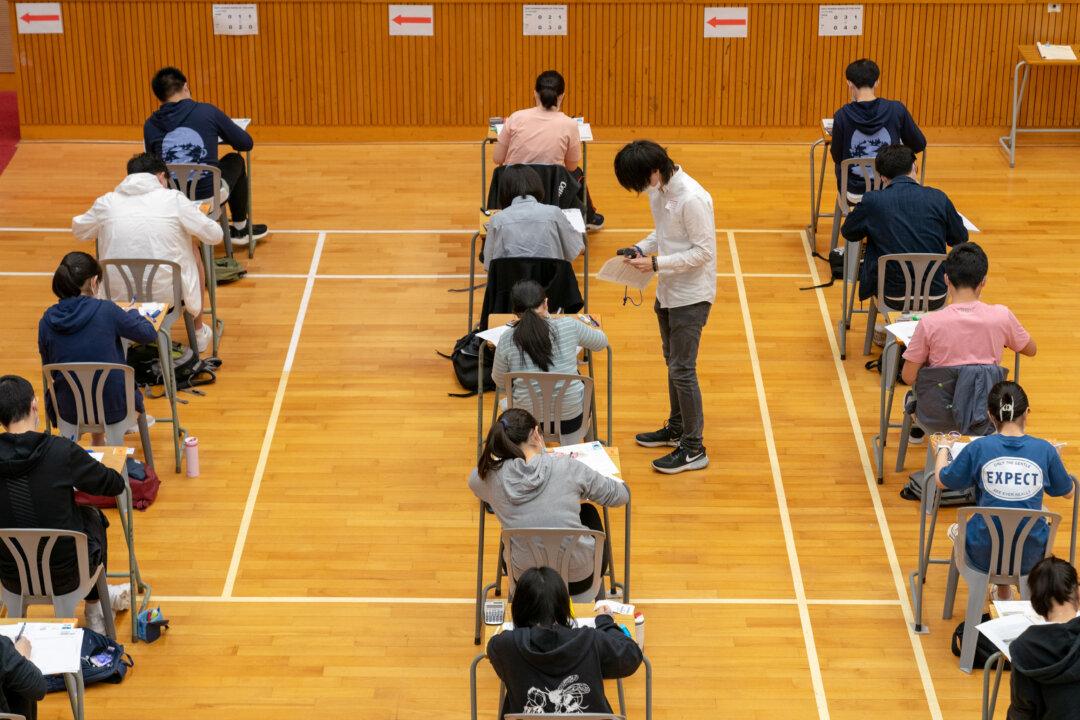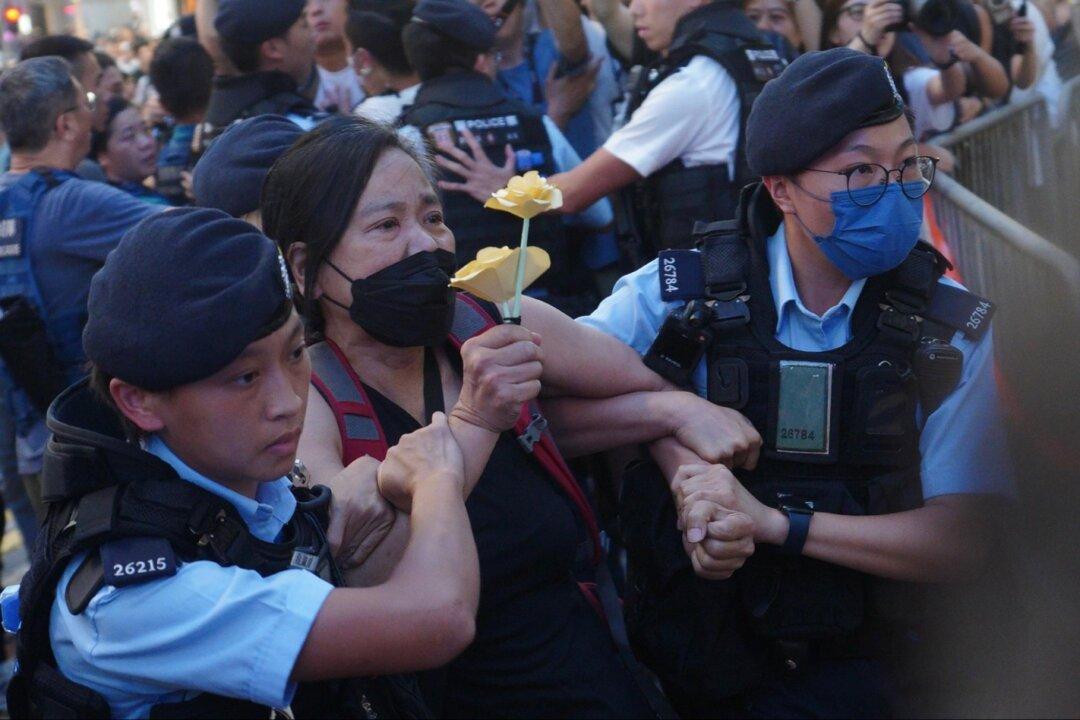Commentary
Some History teachers wished, that this year, the Hong Kong Diploma of Secondary Education (HKDSE) history examination, which took place last Saturday (May 14, 2022), could have returned to normal, after the examination questions last year deviated a lot from those of previous years.





